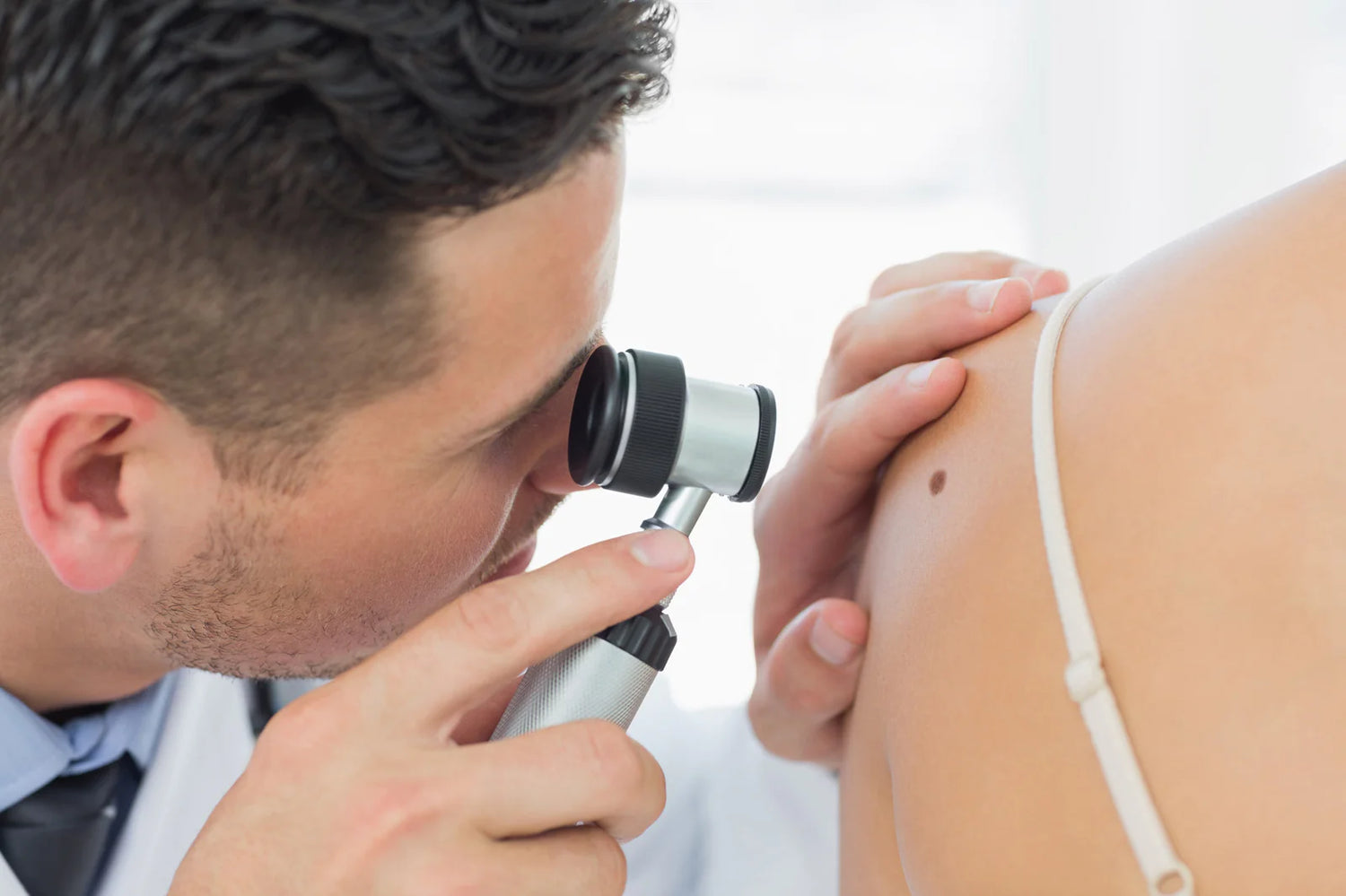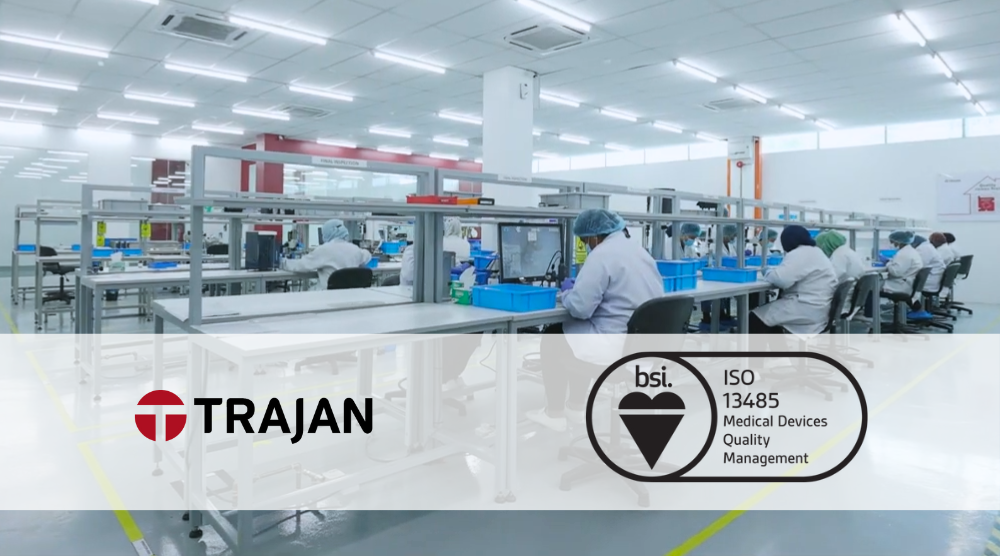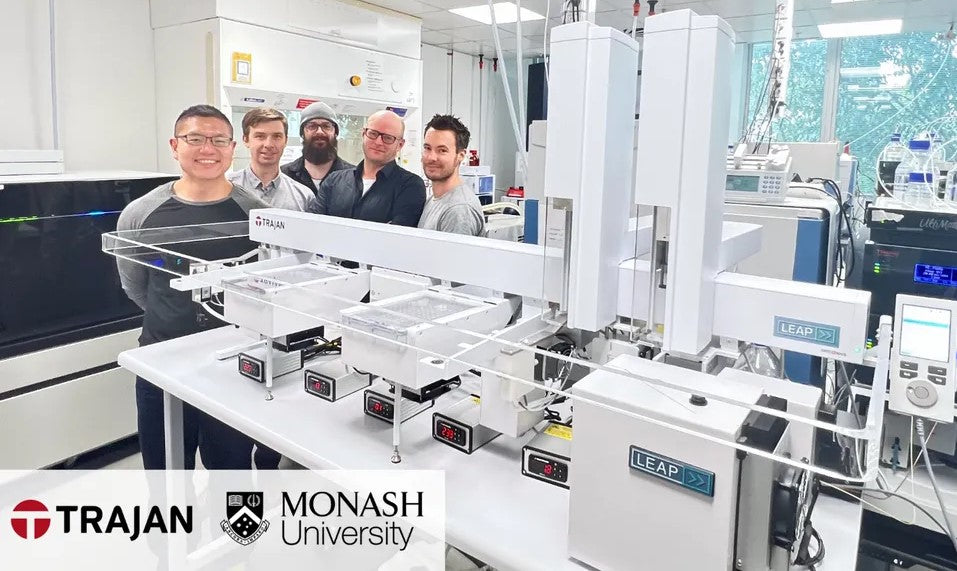Melbourne, Victoria, Australia – 20 October 2017
Trajan Scientific and Medical (Trajan), together with UniQuest (the commercialization company of The University of Queensland, Australia) today announced their intention to form a partnership to develop and commercialize devices for microsampling human tissue using a technique discovered at The University of Queensland.
New developments in targeted molecular therapies have created a need for minimally invasive biopsy devices enabling smaller, and more frequent sampling of skin and tissue. These devices enable pathologists to perform rapid downstream molecular diagnosis of skin lesions or to collect genetic information quickly. Unlike conventional skin biopsy punches, the microbiopsy devices have been designed to eliminate or minimize the use of anesthesia, and to take only minutes to perform sampling by non-healthcare providers enabling their adoption remote from centralized healthcare locations. In tests, the procedure using these microbiopsy devices has not required sutures, and complete, scar-free healing has been observed in less than 7 days.
The partnership will see Trajan further develop and commercialize the microbiopsy devices, ensuring clinics around the world have access to these devices, improving diagnosis and minimizing patient discomfort.
Stephen Tomisich, Chief Executive Officer, Trajan, says “The development and commercialization of analytical microsampling tools is core to Trajan’s strategy to enable remote and personal health measurements. We are also in the process of bringing our hemaPEN® product to market to enable remote analytical blood microsampling, and this partnership with UniQuest is the next step in allowing remote tissue sampling. We intend to build Trajan’s portfolio of microsampling tools further over the coming years in ways that see science benefit people.”
The device was invented at The University of Queensland by researchers associated with the Faculty of Medicine’s Dermatology Research Centre: Prof Peter Soyer, Prof Tarl Prow and Alex Ansaldo. Dr Andrew Gooley, Chief Scientific Officer, Trajan, elaborated on the partnership, "our objective has been to partner with the University research community where the team are recognized as leaders in their field of expertise, and leverage Trajan's manufacturing knowledge and capabilities to deliver a better outcome for patient wellbeing. The microbiopsy meets this objective."
The microbiopsy devices facilitate additional samples to be taken, enabling information-rich decision making, creating a tangible shift from histopathology assessments to molecular diagnosis.
Download
Press release (International) [PDF]
Press release (Australia) [PDF]
More information
www.trajanscimed.com
www.uniquest.com.au
Media contact information
Trajan Scientific and Medical
Tel: +44 (0) 1244 403 100
media@trajanscimed.com



